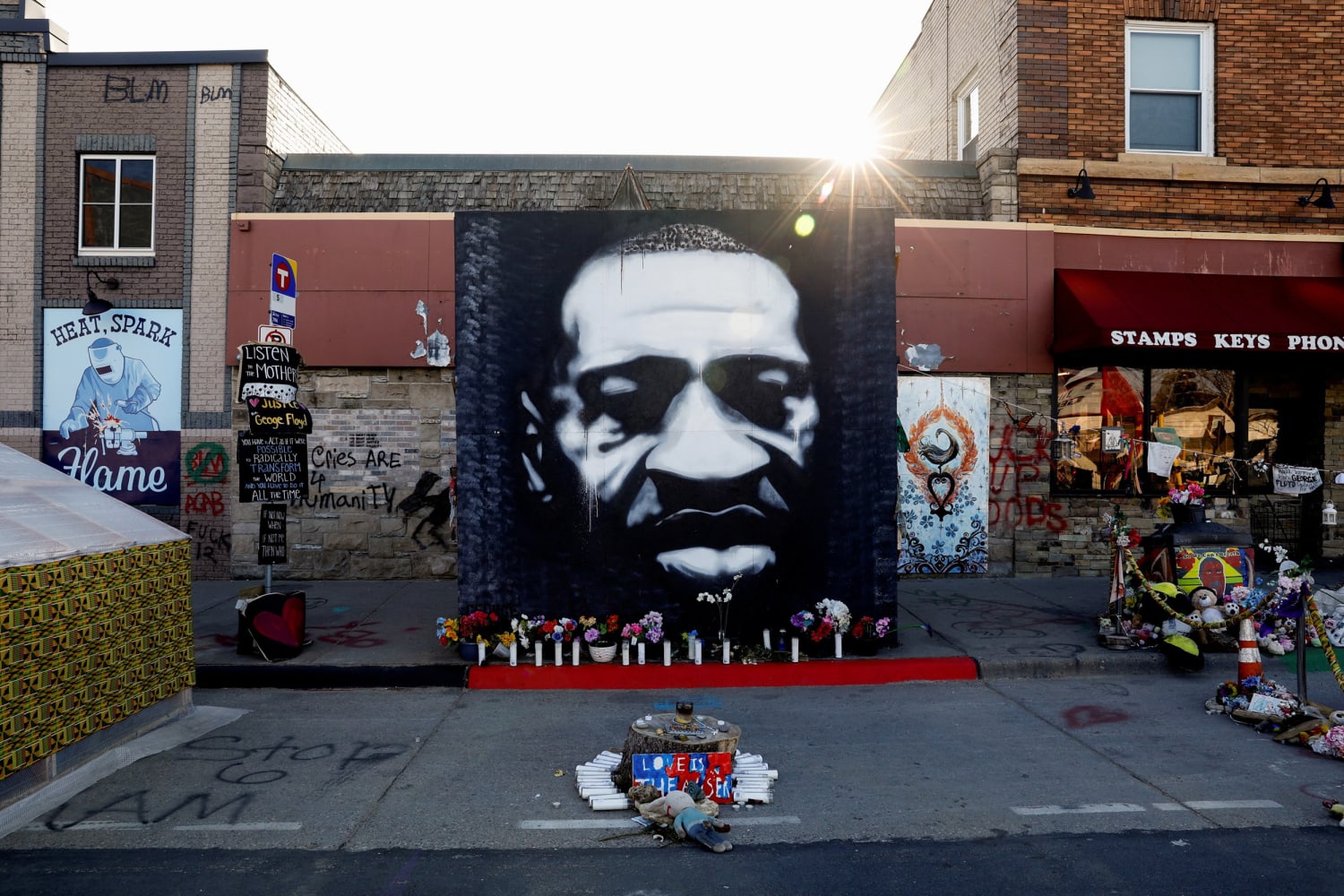As he welcomed the guilty verdicts Tuesday against former Minneapolis police officer Derek Chauvin, President Joe Biden pressed Congress to advance the George Floyd Justice in Policing Act, named for the Black man Chauvin killed while kneeling on his neck.
The bill, approved by the Democratic-led House in March, has yet to receive a vote in the Senate, where 10 Republicans would be needed for passage because of the chamber’s 60-vote filibuster rule.
“George Floyd was murdered almost a year ago,” Biden said in remarks Tuesday night at the White House. “It shouldn’t take a whole year to get this done.”
A jury convicted Chauvin of second- and third-degree murder and manslaughter, a development that Biden described as a “step forward” toward addressing systemic racism and police misconduct but “not enough.” Biden added that when speaking with Floyd’s family he “assured them we’re going to continue to fight for the passage of the George Floyd Justice in Policing Act so I can sign the law as quickly as possible.”
The bill aims to end certain police techniques, including chokeholds and carotid holds, two forms of potentially deadly force. Such practices would be banned at the federal level, and federal funding for local and state police agencies would be conditioned on those agencies outlawing them. The bill also seeks to improve police training and invest in community programs designed to improve policing and promote equitable new policies.
Other provisions in the bill would:
- Ban no-knock warrants in federal drug cases and, as with chokeholds, encourage local and state agencies to comply by tying prohibitions to federal funding. A no-knock warrant led to the fatal police shooting of 26-year-old Breonna Taylor last year in Louisville, Kentucky.
- End “qualified immunity,” which protects law enforcement officers from most civil lawsuits.
- Make it easier to prosecute police officers accused of misconduct by lowering the legal standard from willfulness to recklessness.
- Prohibit racial, religious and discriminatory profiling by law enforcement agencies at the local, state and federal levels and mandate training against such discriminatory profiling.
- Require local and state police agencies to use existing federal funds to ensure the use of body cameras, require all federal uniformed officers to wear body cameras, and require all marked federal police vehicles to use dashboard cameras.
- Create a national police misconduct registry to prevent police officers who are fired or pushed out for bad performance from being hired by other agencies.
- Use federal grants to help communities establish commissions and task forces to study police reforms.
- Address police militarization by limiting how much military-grade equipment is awarded to state and local law enforcement agencies.
- Enhance “pattern and practice” investigations of police departments by granting the Justice Department subpoena power and establishing grant programs for state attorneys general to conduct their own probes.
Several Republicans, including Sens. Tim Scott of South Carolina and Rand Paul of Kentucky, have offered alternate proposals to address police misconduct. Rep. Karen Bass, D-Calif., the sponsor of the George Floyd bill, said after the House moved the legislation in March that she is confident the House and Senate can work toward a compromise.
Source: | This article originally belongs to Nbcnews.com











